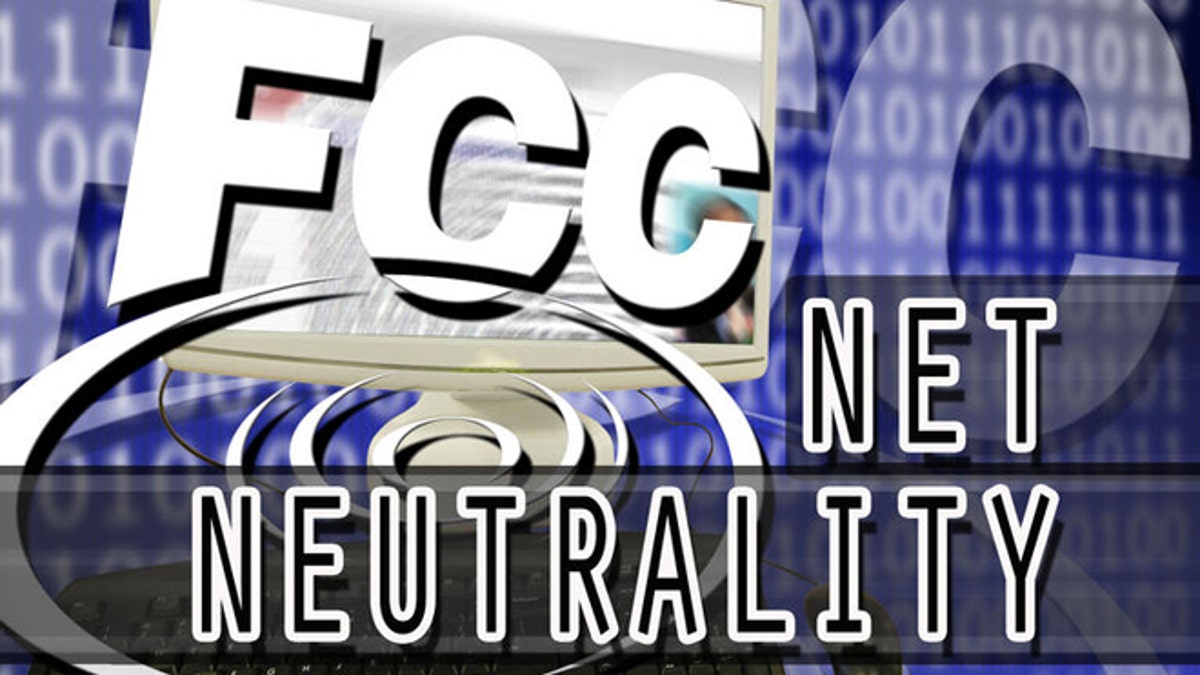
(AP GraphicsBank)
An unnecessary fight came to an unsatisfying end earlier this month, as the DC Circuit Court struck down the FCC's net neutrality regulations, finding that they illegally imposed common carrier (telephone) regulations on broadband.
However, the court accepted the FCC's argument that the 1996 Telecommunications Act gave it authority to make "rules governing broadband providers’ treatment of Internet traffic" so long as the Commission believes those rules will "preserve and facilitate the ‘virtuous circle’ of innovation" on the Internet.
[pullquote]
If this sounds uncomfortably vague, Judge Silberman agrees.
In his partial dissent, he writes that, "we have a new statute granting the FCC virtually unlimited power to regulate the Internet."
On the other hand, the mixed decision could instead offer a way past the net neutrality mess that has entangled Washington and tech circles for almost a decade. The outcome depends on the extent to which FCC Chairman Wheeler approaches regulation with humility and respect for the rule of law.
What does all this mean? Let's step back a bit.
Net neutrality regulation is complicated, so let's start with a summary of what it is and what it is not.
Proponents argue that "net neutrality means simply that all like Internet content must be treated alike and move at the same speed over the network"(Lessig and McChesney) and that it prevents Internet service providers from "block[ing] content and speech they don’t like…" (Free Press).
Skeptics of net neutrality regulations argued the FCC lacked authority (we were right!); that regulations would limit network innovations; that regulators couldn’t possibly keep up with the speed of technological change; and that a slippery regulatory slope would quickly evolve from 'regulate the core to keep innovation at the edges' to 'well, maybe we regulate the edges, too' (and, it didn't take long for that slope to start slipping).
The truth is that the “threat to the Internet” has never lived up to the dire "the end of Internet as we know it" predictions.
In fact, carriers basically responded to the ruling by saying (excuse my paraphrase) “Look, we already agreed to the principles, we've abided by them, we invested with the assumption that we would live by those rules, so we're just going to keep doing that.”
Still, the decision could create a challenging situation for both advocates and opponents of net neutrality. The administration and the FCC will be pressured by pro-regulatory activists to reclassify broadband providers under Title II (telephone regulations), which would open up a whole new can of regulatory worms.
The FCC could appeal this decision, it could try again to write rules under Title I or it could even reclassify broadband under Title II (telephone) regulations. But Chairman Wheeler promised Senator Thune that, if the FCC’s net neutrality regulations were struck down, he would seek congressional guidance rather than attempting to issue new rules, and none of these actions would resolve the underlying problem – the overarching (and increasingly obsolete) statute governing Internet policy today.
Current communications laws date back to 1934. Even the major updates made in 1996 reflect the assumptions of the pre-Internet era. Railroad and telephone regulations, which produced and protected monopolies, are inadequate for 21st century networks.
Republican leaders on the House Energy and Commerce Committee have begun an important process to modernize the 1996 Telecommunications Act, in order to address modern technology and how to regulate broadband and other Internet services.
Republicans and Democrats in both the House and Senate should take advantage of the court’s decision to move beyond net neutrality and focus their energy on crafting a new communications framework more suited for the dynamic, ever-evolving and fast-paced Internet age we live in today.
